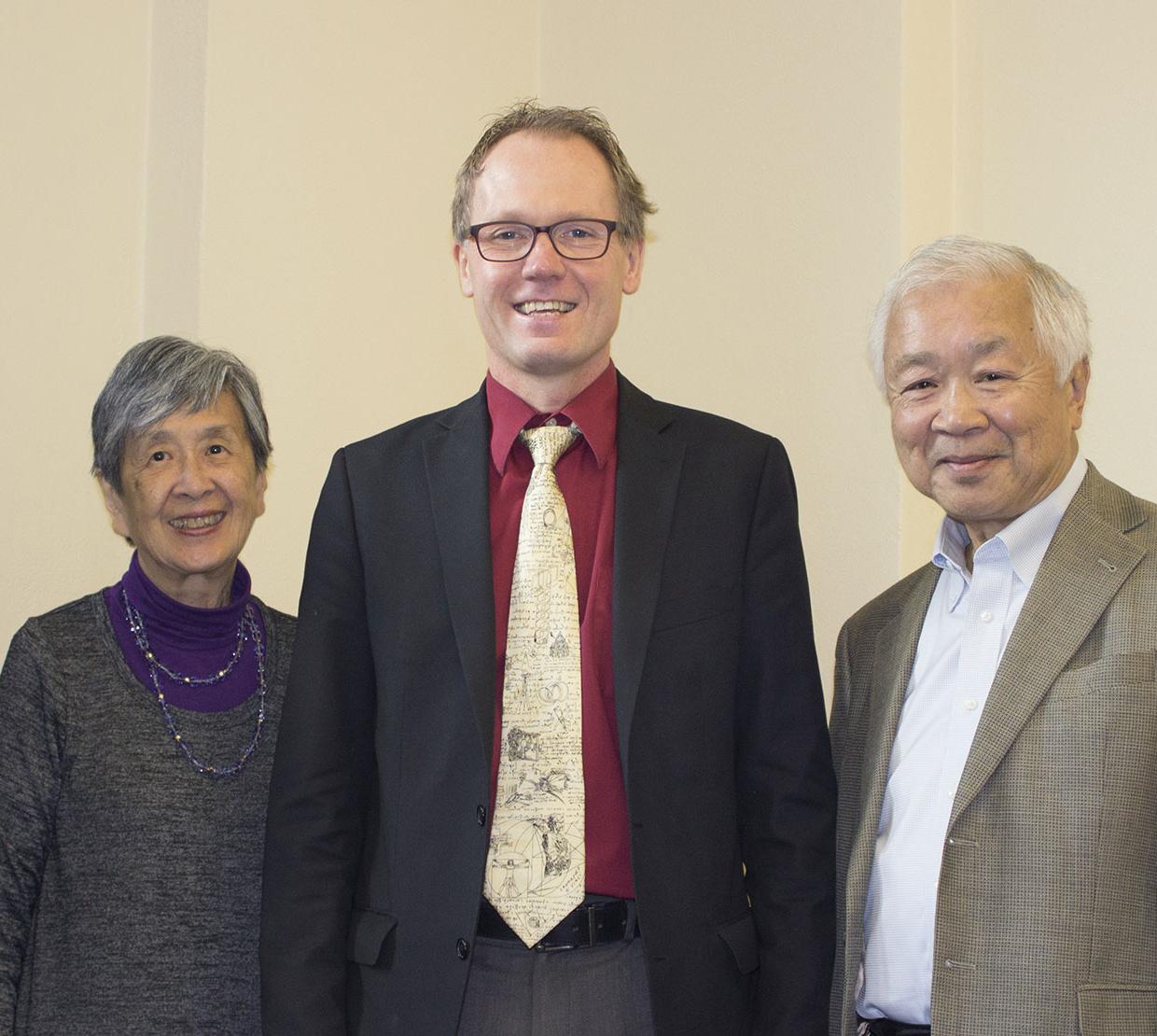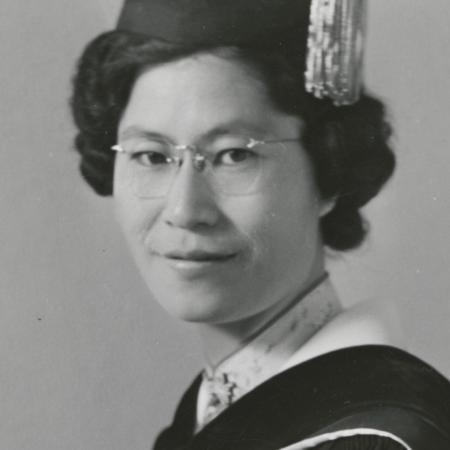Every year Edward and Janet Chen, directors of the Wei Family Foundation Scholarship, return to the Oregon State campus for one of the university’s most prestigious scholarship ceremonies. The award, established by pioneering OSU physics alumna Dr. Chung Kwai Lui Wei, aims to help ease the cultural and financial transition for many students of Chinese heritage throughout their experience at OSU.
On October 10, the Chens will return again to campus, but this time for a different reason. Along with fellow trustee John Donnelly, they will accept the College of Science Distinguished Service Award on behalf of the Wei Family organization for their extraordinary commitment to the university and institution.
Supporting undergraduate and graduate science students with a 3.5 GPA or higher, with preference for students of Chinese ancestry or students who have lived in China, the Wei Family Foundation Scholarships total over $100,000 per year, with students each receiving up to $8,000 in award money.
“It is very rewarding to get to know the students,” the Chens explain. “We are grateful to be able to meet with them all individually and hear about their passion, dedication and hard work as they progress towards their degrees. There is a lot of rapport, and the relationships continue after they graduate. It is like a family.”
In addition to the long-term bonds the Chens often form with the students, their commitment to the organization stretches back to a close personal relationship they enjoyed with Dr. Lui, who died in 2008.
“I was like her surrogate son,” says Edward Chen. “Our kids were like her grandkids.”
After graduating from Lingnan University in China in 1936, Lui became one of the first two students to enroll in OSU’s new physics graduate program in 1936. She graduated with a Ph.D in 1941 – making her the first woman to receive a doctorate degree from any discipline in OSU history.
Lui began an impressive record of accomplishment, blazing the trail for many women in science who followed after her. She taught physics at Oregon State for several years before taking on a job at the Westinghouse Lamp Research Laboratory in New Jersey, where she met Edward Chen and developed a close working partnership with him.
As World War II erupted, her extensive knowledge of purifying microscopic quantities of uranium was sought out by many classified operations, including the Manhattan Project, the top-secret United States effort to develop the first atomic bomb.
In 1949, the Communist Party assumed power in China, and her student visa expired. On the verge of deportation, the U.S. government passed a bill signed by President Harry Truman granting her permanent resident status to stay in the country, and to prevent her knowledge of atomic warfare from becoming lost to enemy hands. That same year, she was named “Woman of the Day” by Eleanor Roosevelt for her scientific excellence.
Lui’s enormous success did not come without its challenges.
“When Dr. Lui first came to Oregon State, she had many struggles,” Chen explains. “She had to work at menial jobs at odd hours to earn enough money to stay here. She also had a hard time adjusting to a Western diet. She wanted to help other students like her, particularly students from China, have an easier time adjusting.”
The Wei Family Foundation, which grants money to students attending both OSU and Columbia University – alma maters of Lui and her husband, Mr. Hsin Hsu Wei – helps students manage these challenges. In addition to financial assistance, recipients of the award are embraced by a tight-knit community of students who are bonded by scholarship and shared life experiences.
“The selection of the students is not just about their GPA. We look for passion, for a strong desire to pursue a certain path,” Chen says.
The successes of the students they mentor are the driving force behind the organization, and what continues to propel them forward.




